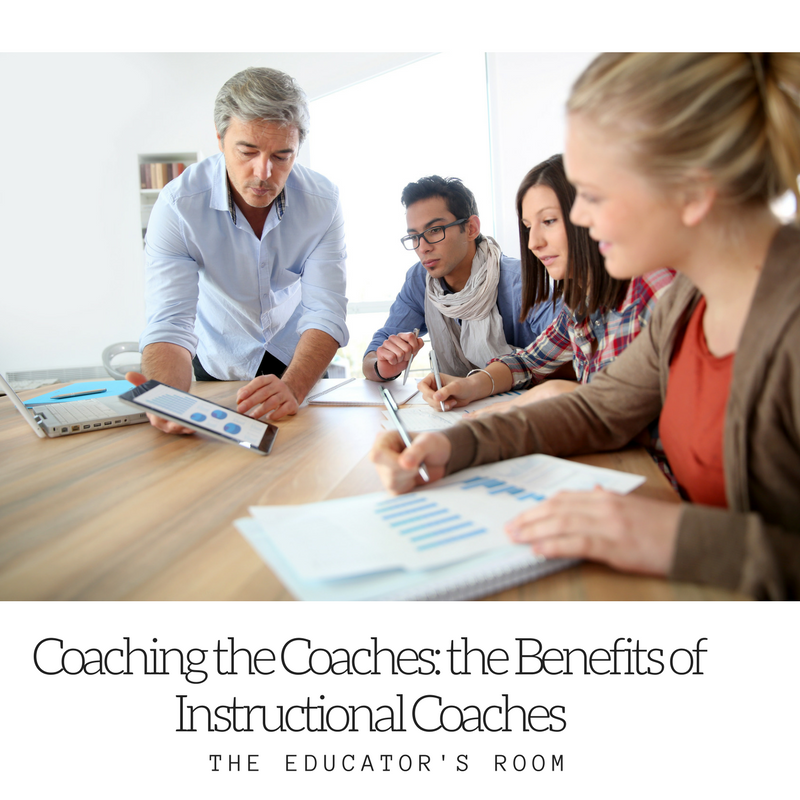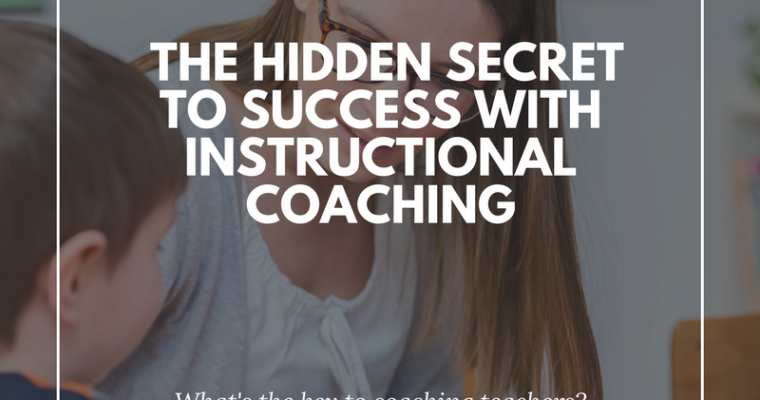If You Build It, They Will Come: Creating Systems to Meet Teacher Needs
by Rachel A. Robins, Crimson Cliffs High Instructional Coach (UT) My eyes grew larger as I read comment after comment articulating teacher burnout, fatigue, and loneliness: I feel so alone…I am exhausted…I don’t know how to teach while my marriage is falling apart…I want to […]









